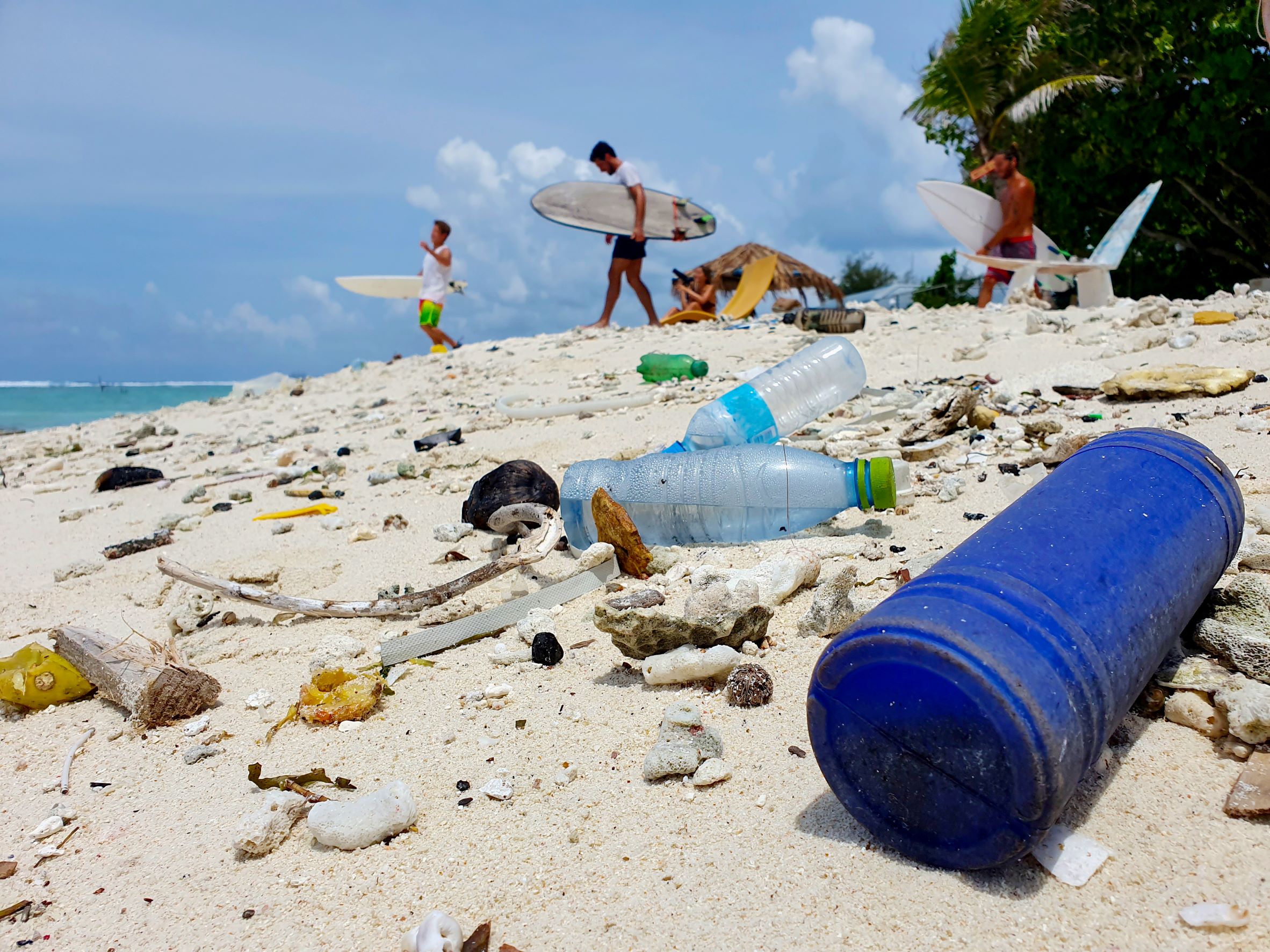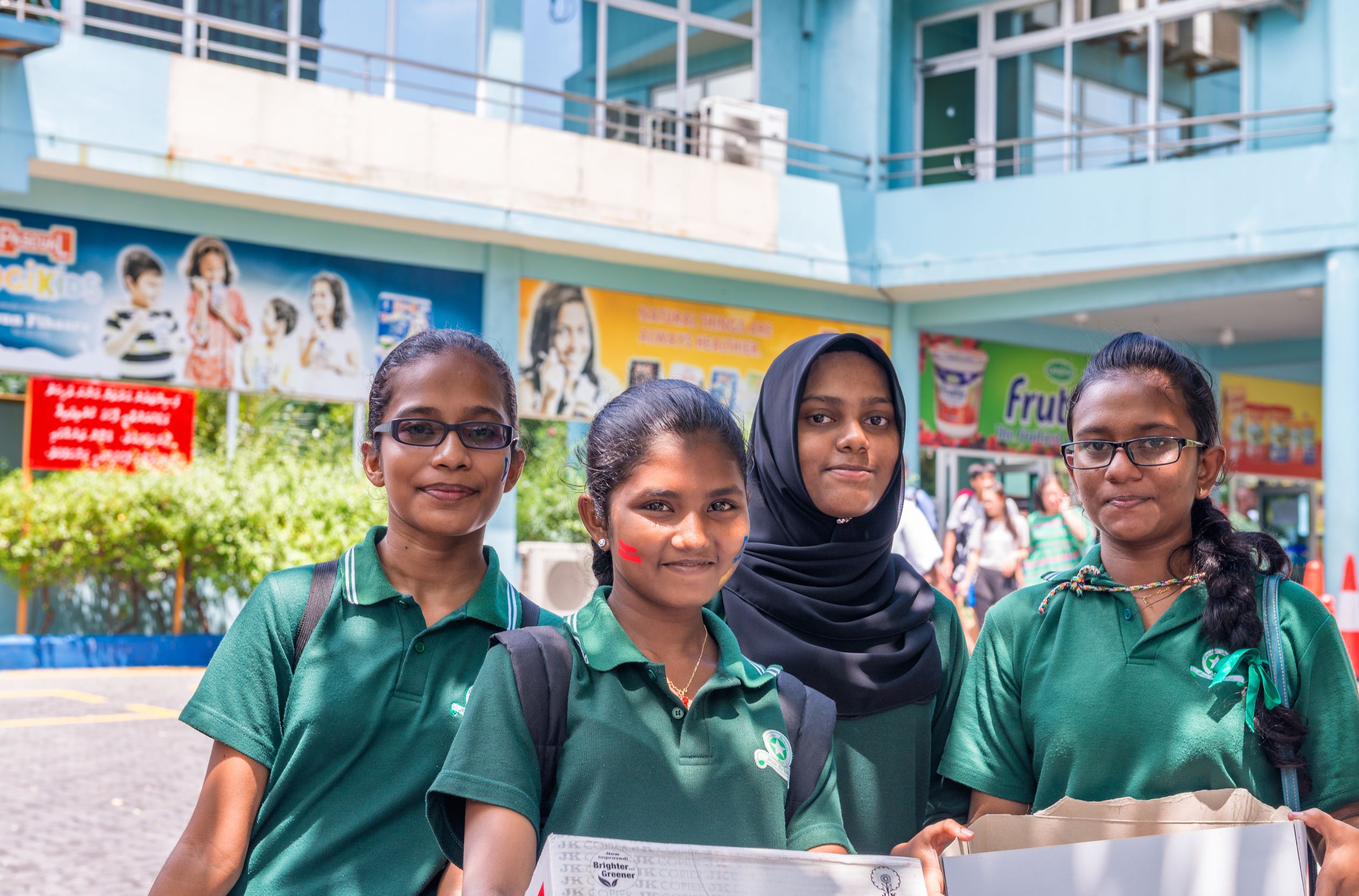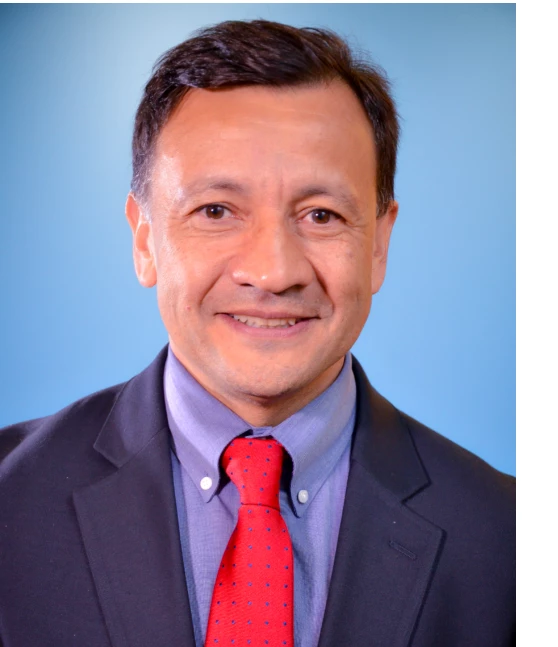 marine plastics
marine plastics
Between January and May 2019, the World Bank Education team was in full project preparation mode for the Maldives: Enhancing Employability and Resilience of Youth Project. Focusing on addressing climate change aspects as they relate to tourism, tourism related construction, and ICT-related services, the Education team visited some tourist sites in the Maldives to see some of the challenges first hand. On the pristine island of Kurumba Resort just north of Malé in the Maldives, the Operations Manager Mr. Ali Farooq told us: “I was on the main island together with the resort staff doing the weekly work to collect plastic bottles and debris that are washed away by the currents. We gathered 60 bags of plastic waste this morning alone. It is a sad situation. We fully support the government’s single-use plastic phase-out rollout plan and are trying to do our part for our customers and the values we want, but it is still very daunting when such volumes reach our beaches every day.”
Turning the tide
South Asia is the world’s second largest contributor of solid waste (334 million tons annually) and is on track to be the fastest growing contributor to plastic pollution over the next two decades. Urgent action is needed to curb plastic waste that pollutes the land, flows into rivers, and ends up in oceans . It is killing wildlife, damaging ecosystems, clogging drainage systems, and harming fisheries and tourism which are key sources of the jobs for the South Asia region. Marine plastics also make climate change worse. Oceans are our largest natural carbon sink for greenhouse gases and are vital to regulating the climate. Rising temperatures break down plastics in the ocean, causing them to release more greenhouse gases like methane and ethylene, which in turn drives up temperatures.
Solving the plastic problem is part of solving the climate problem . Solutions for plastics waste and plastics substitutes will need to come through innovations. New skills, knowledge, and education can help create enduring solutions to plastic pollution and develop systems whereby communities can turn waste into wealth, a concept that helps to view waste management of all types as a resource rather than refuse.
Education and skills can drive innovative solutions
Solutions to marine plastic pollution and the broader challenge of climate change can and need to come through education and skills.
First, education is important for changing human behavior. For instance, ‘green classrooms’ and environmentally oriented primary education for children can instill good environmental habits and behaviors and ultimately impart change to parents and communities. Green classrooms are being promoted through cost-effective carbon-efficient technology for climate risk mitigation in the World Bank financed Pakistan Sindh Early Learning Enhancement Through Classroom Transformation.
Second, education can equip young people with skills that can help them develop innovative climate solutions. Tertiary education is critical for such solutions. Training on climate change aspects and university-industry linkages can stimulate innovation, build education pathways between the technical environment, climate jobs and tertiary education, and expand opportunities; and specialized training can enhance teamwork on climate-related problems. New skills for green jobs also offer new opportunities for youth. For example, the Government of Nepal is enhancing preparedness for effective response and to “build back better”. ‘Green power for prosperity’ is also one of the priorities of the Government in the 15th five-year plan. The World Bank financed Nurturing Excellence in Higher Education Program will address climate-related issues through climate adaptation and mitigation actions across the Results Areas. For instance, faculty development and leadership sensitization program will focus on greenhouse gas emissions and options for their reduction.
Third, education can promote innovation to expand green infrastructure solutions and equip people with skills to build with environmentally friendly, energy efficient, and climate resilient materials and renewable options. Such curriculum content that’s focused on climate change adaptation and mitigation can also change behaviors and foster knowledge that can lead to climate action. For example, the World Bank financed India Gujarat Outcomes for Accelerated Learning Project is retrofitting education facilities for energy-efficiency.
Fourth, through STEM education and climate change research and development in higher education, the education sector can build knowledge and skills for adaptation, mitigation, and for articulating appropriate policy responses to address the transition to a fully decarbonized economy.
Fifth and finally, the education sector can impart solutions for collective action around innovation, including the scaling up of investments in all forms of capital (physical and natural); mobilizing the full range of productive power of disabled, marginalized, men and women in the fight against climate change by harnessing and facilitating their respective abilities to monitor and evaluate climate change, utilizing the data to analyze and inform decision-making, and harnessing the commitment and ownership to climate change solutions.
Education is already starting to put people at the center of climate solutions in South Asia. In India, the power of education, skills and determination are paving the way for green jobs in the solar industry, and in turn green jobs are creating synergies between jobs and community and school education and the solar power stations are giving back to educate the community here .
In the Maldives, several islands are promoting community engagement for waste solutions and developing courses for “waste to wealth” skills. The Maldives Authentic Crafts Cooperative Society (MACCS) is working to help women’s development and island waste committees define community processes to sort waste, promote kitchen composting, pilot a plastic bottle return scheme, and teach new skills to convert old clothes into reusable bags. MACCS is supported in this effort with a grant from PROBLUE, a World Bank managed multi-donor trust fund that supports a sustainable and integrated development of marine and coastal resources in healthy oceans.
Recently, Parley Maldives joined the MACCS team to deliver a classroom training about plastics to school children and introduce their new plastics collection rewards incentive scheme to the community. Schools and communities that collect a certain number of plastics and donate them into the Parley collection system enroll and collect points they cash in for related rewards. It is much like an airline frequent flier or credit card user program. Except you earn points by collecting plastics. Some of the sponsored rewards are given by donors. Parley has launched it in the Maldives over the past year but has been preparing and planning for it longer. The Maldives experience teaches us that collaboration and coordination is very achievable when all initiatives share a common goal and understand that education, new jobs and skills, new business models, and behavior change are essential ingredients for change.






Join the Conversation